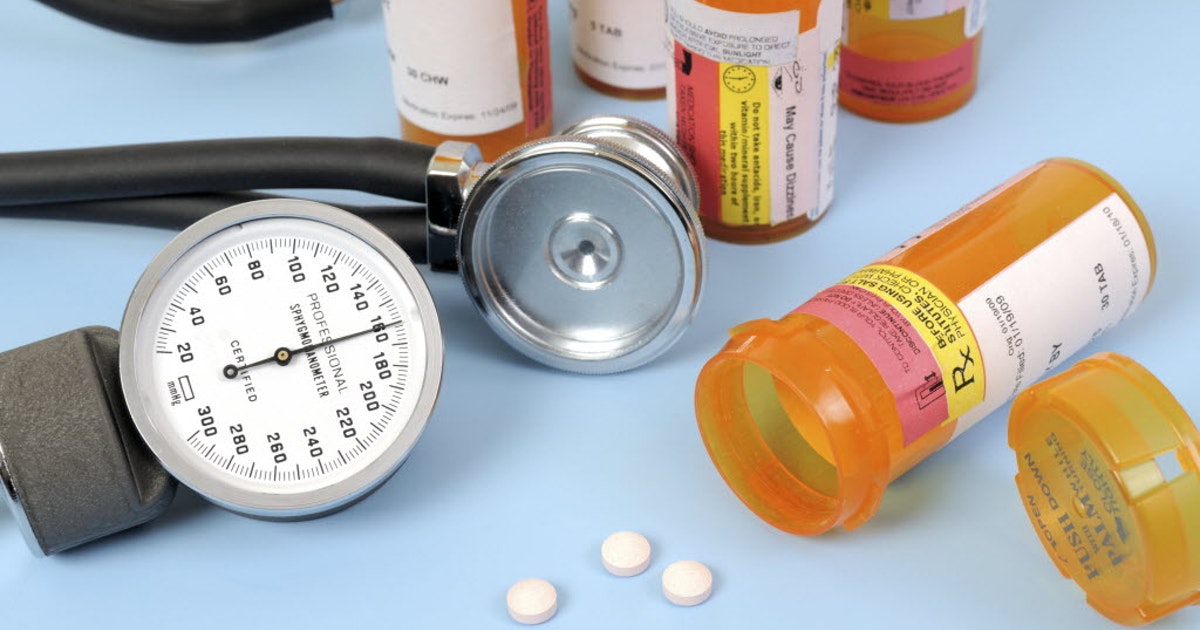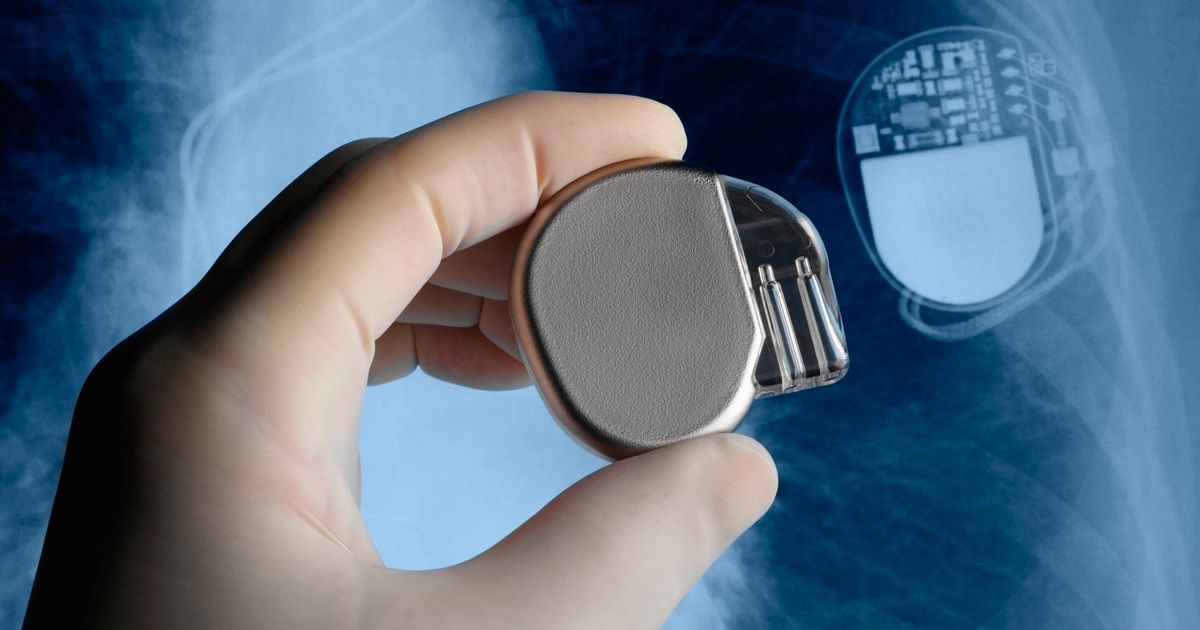How To Treat Sick Sinus Syndrome
The sinus node is responsible for controlling the heart's activity. It can speed up the heart when an individual is active and also slow it down depending on the level of activity. In sick sinus syndrome, the sinus node is unable to control the heart’s activity effectively. It may fire irregularly causing a host of health problems. Sick sinus syndrome comes in different forms, including sinus bradycardia, which causes a slowed heart rate; atrial tachycardia, which creates a faster heart rate; sinus pauses or arrest; and bradycardia-tachycardia, which causes the irregular increase or decrease in the heartbeat. But, what causes sick sinus syndrome?
Firstly, sick sinus syndrome is more prevalent in older individuals, but it can occur at any age. The risk factors linked with this condition include advancing age, previous heart attack, certain medications used for heart diseases and blood pressure, thyroid disease, hyperkalemia, previous heart surgery, sleep apnea, and certain underlying medical conditions. Let’s look at the treatment options for sick sinus syndrome now.
Medications

Currently, it's tough to find medications routinely used for the treatment of sick sinus syndrome, because most of the medications become ineffective over time. The best treatment approach for sick sinus syndrome involves addressing external causes.
In acute cases of this condition, the doctor may prescribe anti-arrhythmic medicines for an individual with an increased heart rate. However, patients under medical therapy require close and frequent monitoring to ensure the heart doesn’t slow down too much. Patients taking medications that are triggering the sick sinus syndrome should consult with their doctor and safely stop taking the medication as soon as they can.
Keep reading for more on treating sick sinus syndrome now.
Pacing The Heart

Pacing the heart is considered as the best treatment option when sick sinus syndrome presents as sinus bradycardia. Patients are diagnosed with bradycardia if their heart bests less than sixty times in a minute. When the heart rate is slow, the heart is unable to pump enough blood filled with nutrients and oxygen to the vital organs such as the brain, kidneys, and liver. Therefore, patients are likely to experience dizziness, shortness of breath, fainting, and fatigue, among other symptoms.
Bradycardia doesn’t cause problems to most younger individuals, but to others, particularly individuals over sixty-five years old, it can be a sign of underlying problems with the heart’s electrical system. For such cases, the doctor may recommend a pacemaker, which refers to a small device used to help regulate and monitor the heart’s rhythm. When the heart beats slowly, the pacemaker sends signals to the heart through leads to restore the heart rate to the normal rhythm. Modern pacemakers are extremely small and can be implanted directly to the heart.
Learn more about how to treat sick sinus syndrome effectively now.
